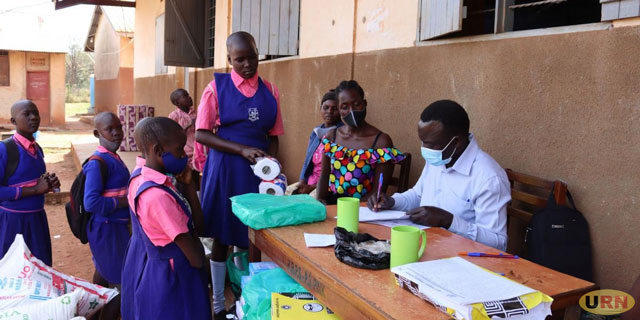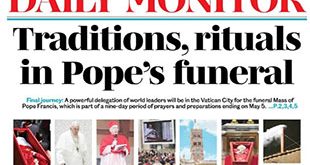
Wakiso, Uganda | THE INDEPENDENT | As families prepare for the new term, Moses Ssekindi, a parent of five in Masuliita, Wakiso district is looking forward to the anticipated implementation of a totally free education in public and grant-aided schools.
In response to the public debate on escalating school fees, the Cabinet approved a policy last year aimed at injecting more funding into the Universal Primary Education (UPE) and Universal Secondary Education (USE) programs. The objective was to gradually eliminate and eventually eradicate all fees currently borne by parents.
Ssekindi shared his optimism with friends, stating, “This year, the burden of paying school fees will be lifted.” The conversation revealed that some parents are finding it increasingly challenging to afford the rising school fees and related expenses.
Ssekindi’s persuasive stance influenced others in the conversation to contemplate enrolling their children in public schools, provided the government follows through with the promised policy implementation.
While addressing the media and the public last year on this matter, Dr. Joyce Moriku Kaduccu, the State Minister in Charge of Primary Education, noted that this policy would apply to all government and grant-aided schools. But, contrary to expectations, information from the Ministry of Education and Sports indicates that the policy will not be implemented in the first term of 2024.
Dr. Denis Mugimba, the Education Ministry spokesperson, clarified that while it is true Cabinet approved the development, its implementation is tied to the financial year, not the calendar year. Mugimba explained that the budget for the new financial year is typically finalized in July, and therefore, the implementation of the policy is expected to commence at that time.
The official school calendar for the academic year 2024 reveals that by July, schools will be in the midst of the second term, which commences on May 27 and concludes on August 24. This clarification means that parents may need to adjust their expectations and financial plans accordingly. Mugimba provided further details, stating that according to the proposed plans if the budget is approved, the Ministry intends to initiate the implementation of the policy with the Universal Primary Education (UPE) program.
The focus will be on addressing existing gaps that have led school boards and Parent-Teacher Associations (PTAs) to impose additional fees. Additionally, he mentioned that the Universal Secondary Education (USE) program will be included in the following financial year.
Nevertheless, the availability of funds for this purpose remains uncertain. Recent reports from parliament indicate that officials from the Ministry of Education have cast doubts on the program’s implementation as originally intended. It was revealed that the requested funds for the program were not allocated in the 2024/2025 national budget framework.
According to available information, Cabinet approved an additional budget of Shs1.48 trillion to support the Universal Primary Education (UPE) program from the financial year 2024/2025 to 2027/2028. In the first year, an allocation of Shs309.16 billion is anticipated.
The funds are intended to address various challenges within the UPE system. A significant focus is on recruiting 78,888 primary teachers to achieve a pupil-teacher ratio of 40:1 in the financial year 2024/25. This effort is specifically aimed at 12,433 UPE schools that have been grappling with low staffing, often resorting to local contracts, which, in turn, results in additional fees being charged to learners.
The challenges also extend to critical areas such as the construction of more classrooms, provision of desks, and ensuring an adequate supply of teaching/learning materials. Apart from the recruitment of additional teachers, the increased funding is earmarked for local government monitoring and inspection of schools, to address and rectify various challenges within the education system.
****
URN
 The Independent Uganda: You get the Truth we Pay the Price
The Independent Uganda: You get the Truth we Pay the Price



